On January 13, 2024, Taiwan voters will go to the polls to elect a new president and legislature. The results could have major implications for Taiwan’s relationship with the United States and the People’s Republic of China (PRC), as well as the peace and stability of the Indo-Pacific.
In this event, three experts on Taiwan’s domestic politics weigh in on the state of the race, including the leading presidential candidates and parties, the messages of each campaign, and the issues animating the race so far. As the campaign enters the home stretch, they discuss the role of the PRC and the United States in the election, the most likely outcomes, and the consequences for the trilateral U.S.-Taiwan-PRC relationship.
Featuring
Dennis Lu-Chung Weng is an Associate Professor of Political Science at Sam Houston State University and the founding Director of the Asia Pacific Peace Research Institute (APPRI). He obtained his Ph.D. from the University of Texas at Dallas in 2014. Dr. Weng has formerly taught at institutions including Wesleyan University and SUNY-Cortland. He currently holds research fellowships at Stellenbosch University and National Chengchi University, Taiwan. His research centers on comparative politics, international relations, and the dynamics between domestic political behavior and international politics, particularly in the US and Asia-Pacific regions. A recognized expert in his field, Dr. Weng's insights have been featured in scholarly publications, op-eds, and various media outlets. He is a noted commentator on US China-Taiwan relations and political events in both the US and Asia.
MODERATOR
Kharis Templeman is a research fellow at the Hoover Institution and part of the Project on Taiwan in the Indo-Pacific. Templeman is a political scientist (Ph.D. 2012, Michigan) with research interests in Taiwan politics, democratization, elections and election management, party system development, and politics and security issues in Pacific Asia.
INTRODUCTION BY
Larry Diamond is the William L. Clayton Senior Fellow at the Hoover Institution, the Mosbacher Senior Fellow in Global Democracy at the Freeman Spogli Institute for International Studies (FSI), and a Bass University Fellow in Undergraduate Education at Stanford University. He is also professor, by courtesy, of political science and sociology at Stanford. He co-chairs the Hoover Institution’s programs on China’s Global Sharp Power and on Taiwan in the Indo-Pacific Region.
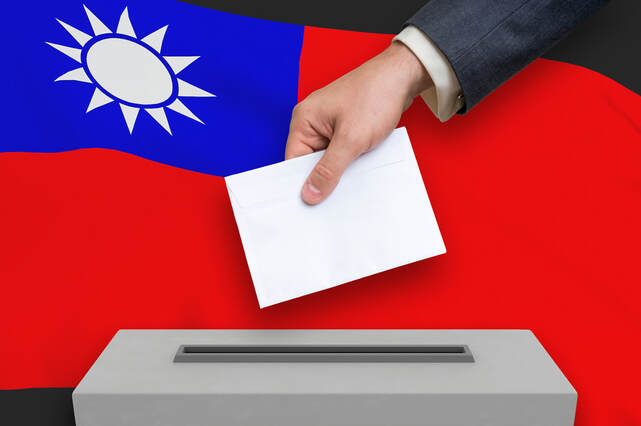
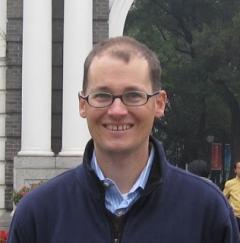
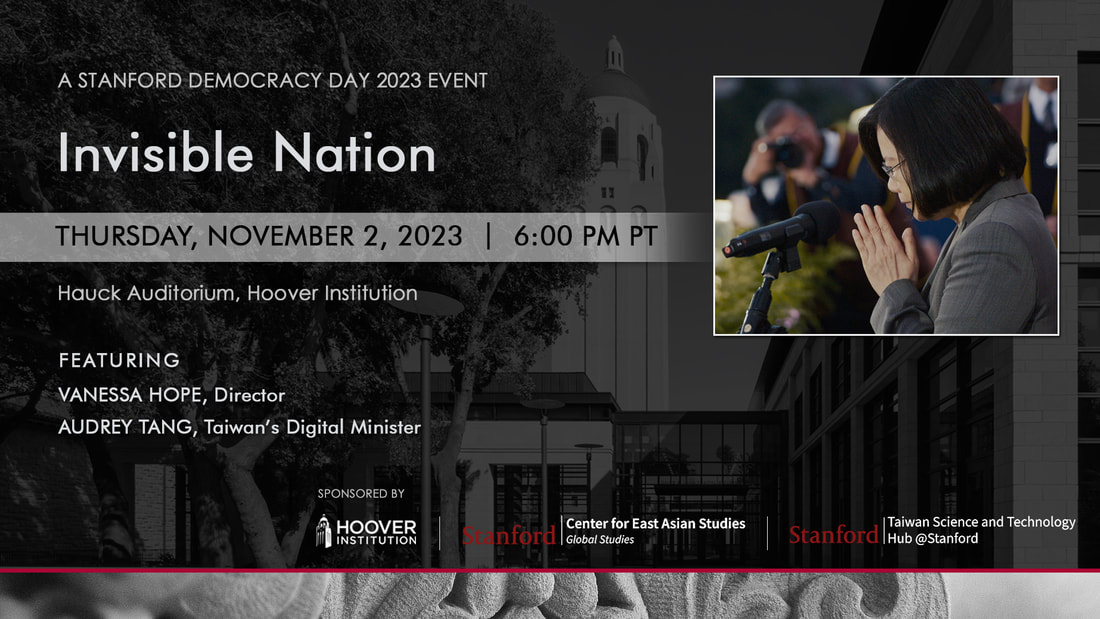
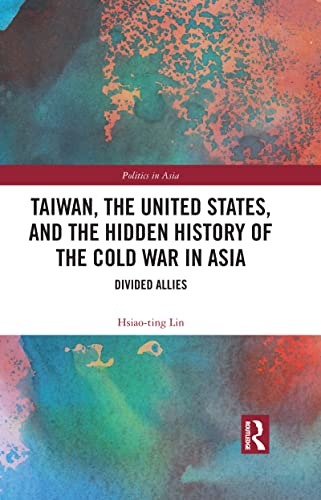
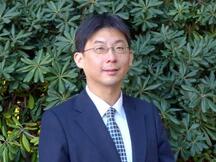
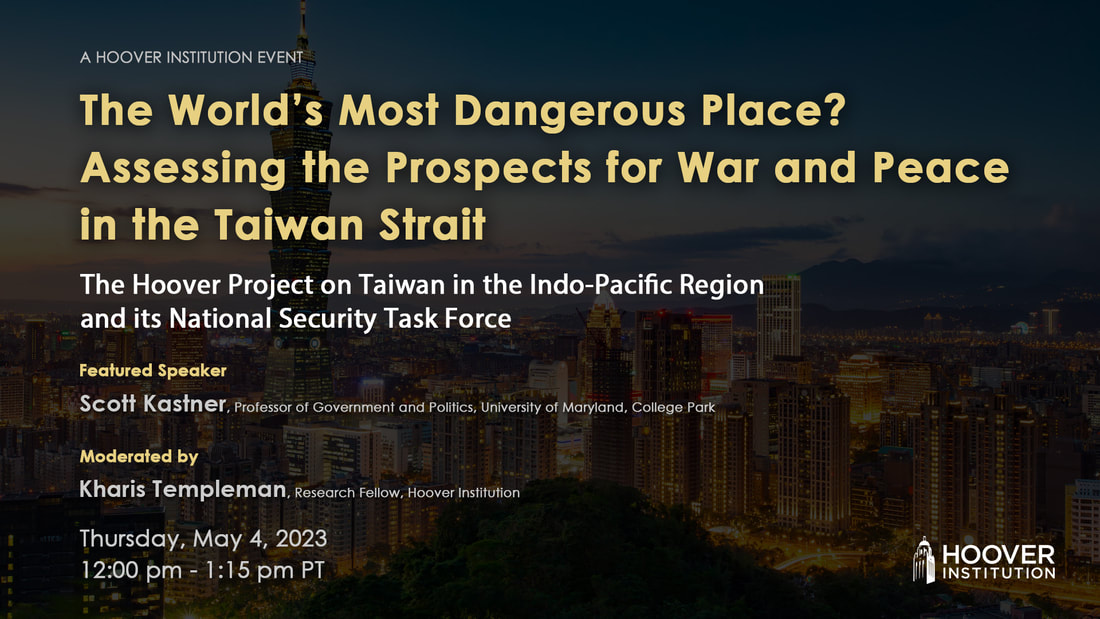
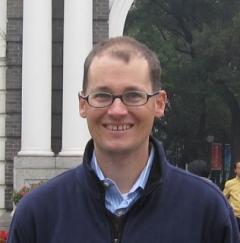
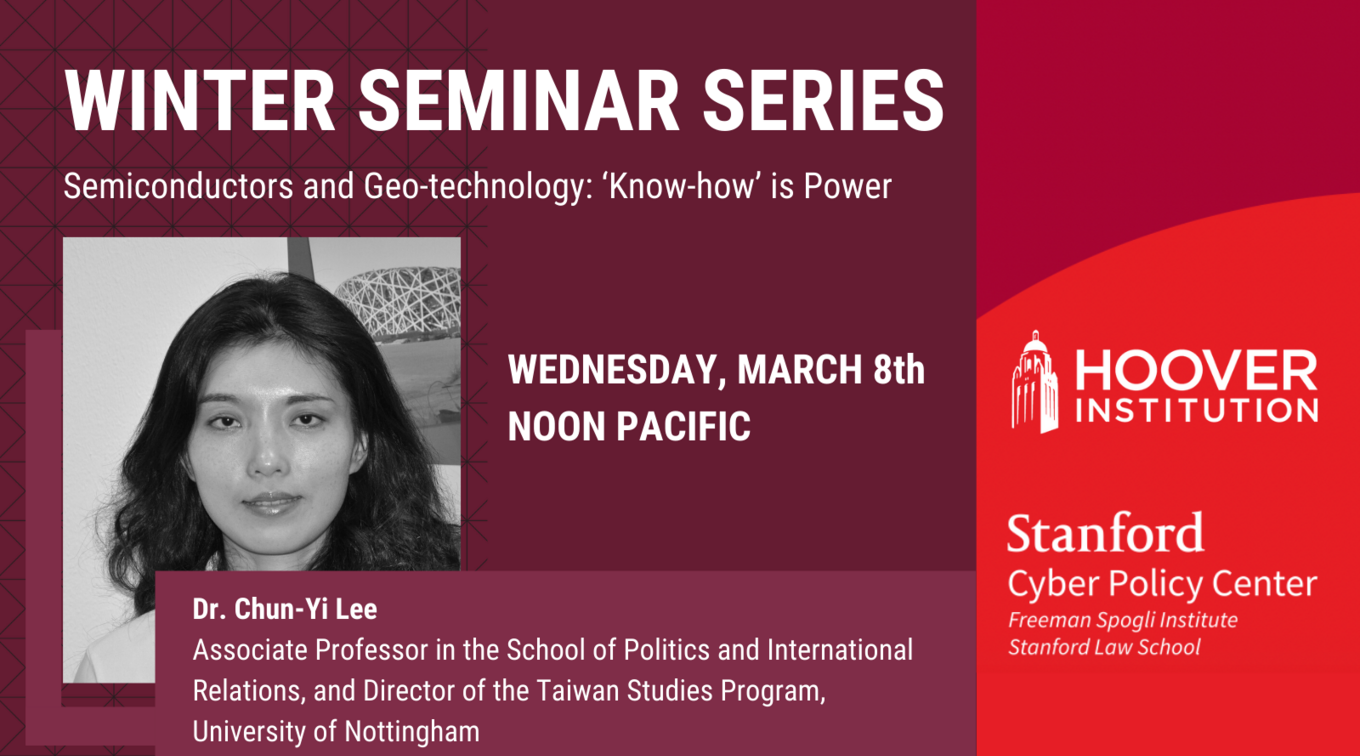
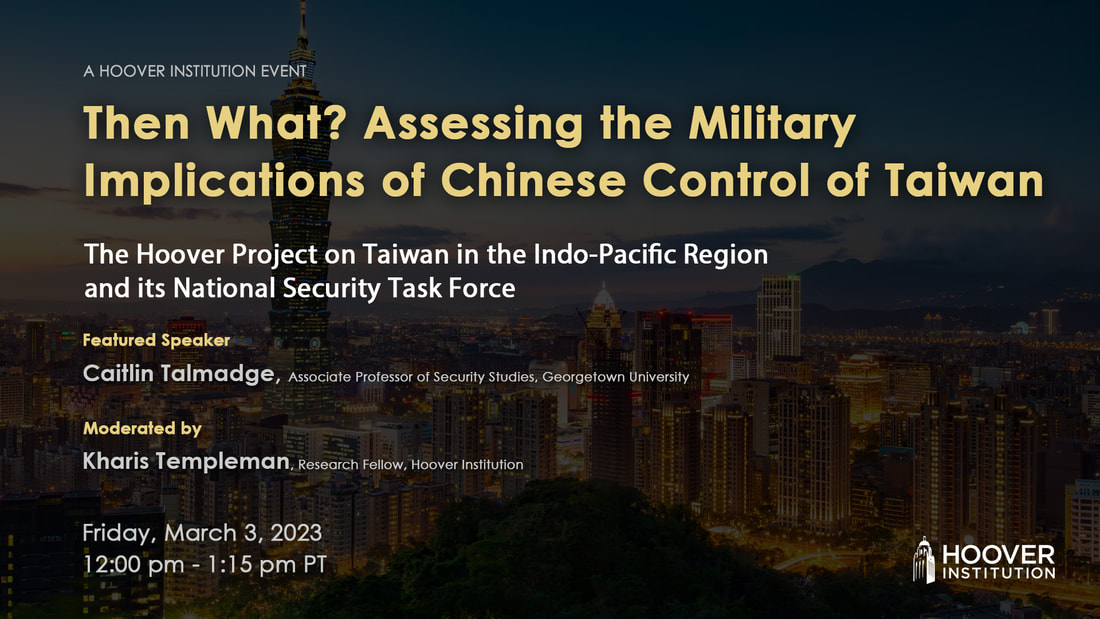

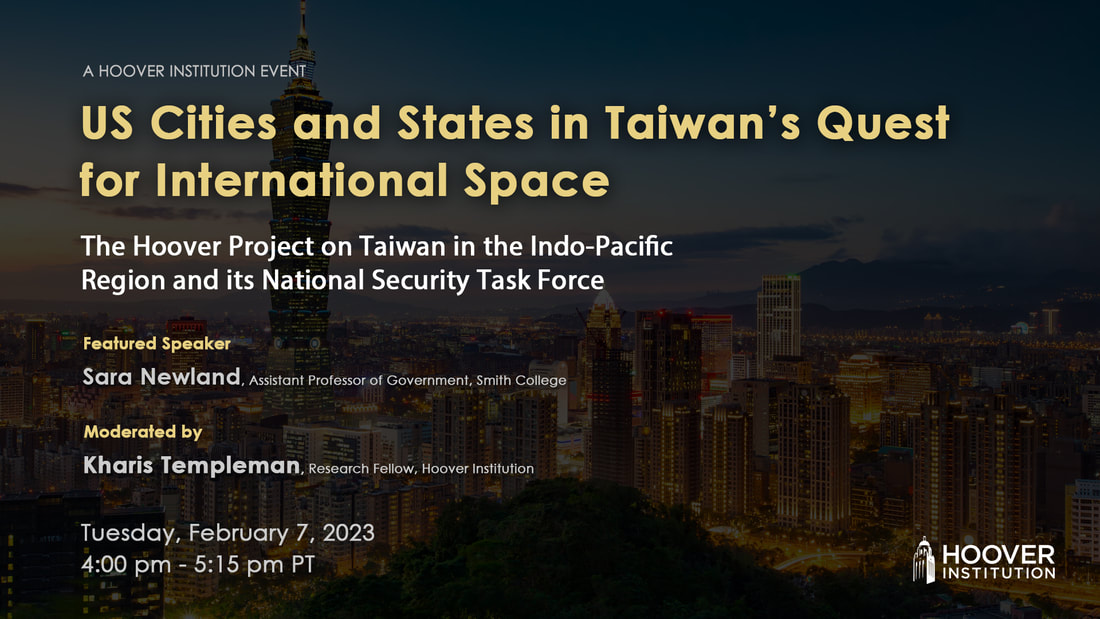

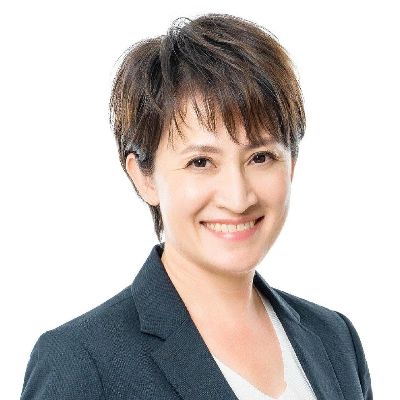
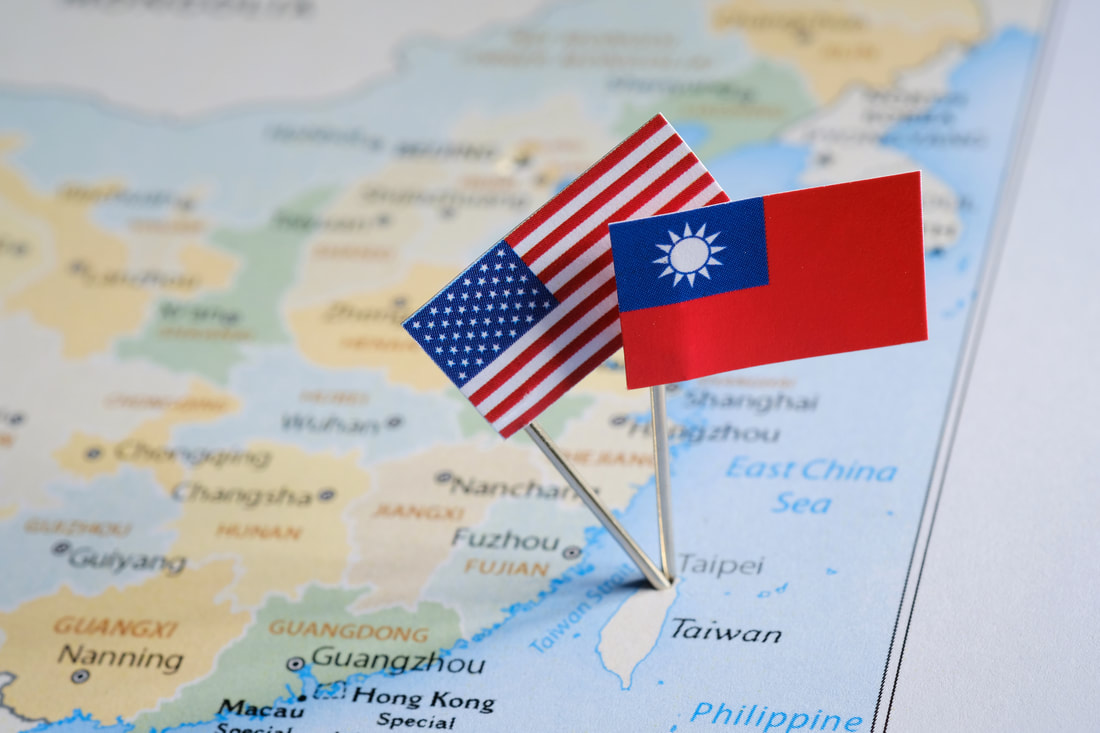
 RSS Feed
RSS Feed
